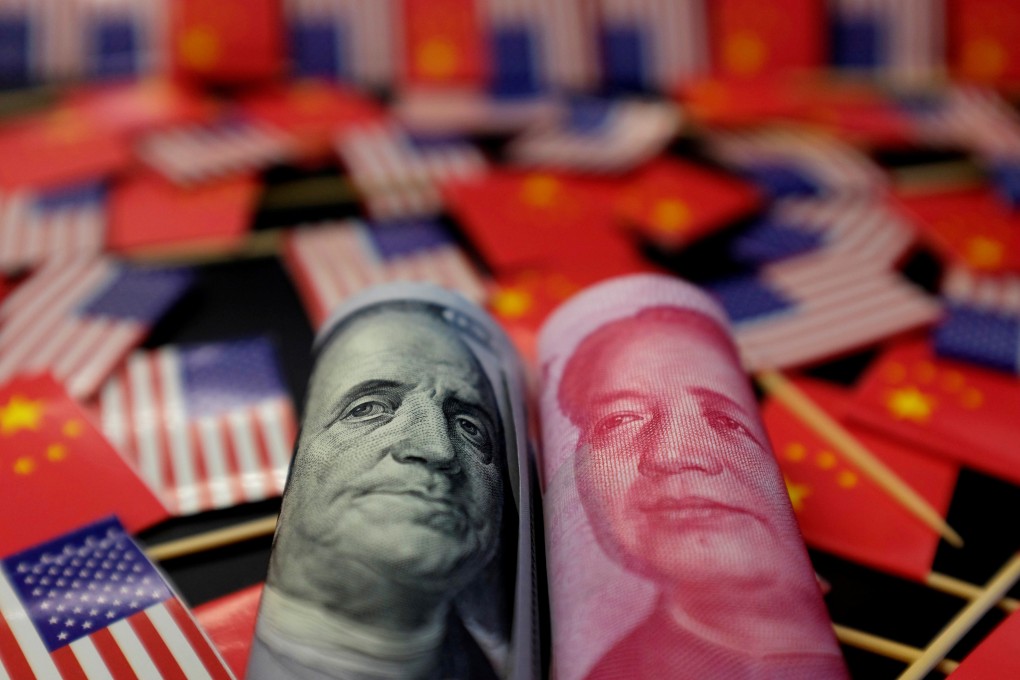Advertisement
The View | Donald Trump’s WTO move is a feeble answer to the China challenge
- The US wants to rewrite the rules of the global trading game it helped create, and may well succeed. But the challenge of China’s economic model, a combination of authoritarian capitalism and ruthless enterprise, won’t be so easily dismissed
Reading Time:3 minutes
Why you can trust SCMP

It would seem logical for the world’s largest debtor to name the world’s largest lender as one of the “world’s richest countries”.
Advertisement
Last week, the Trump administration demanded that the World Trade Organisation update its definition of a “developing country” and remove the favourable treatment the designation confers on nations like China. US President Donald Trump tweeted that “the WTO is broken when the world’s richest countries claim to be developing countries to avoid WTO rules and get special treatment”.
How rich is China? President Xi Jinping could be excused for bathing in the sense of wealth and power at the Forum on China-Africa Cooperation last September with all but 12 heads of state or government in attendance. At the summit, Africa received US$60 billion of grants and loans from Beijing, a gift for paying homage to China.
China has become the world’s largest creditor. With US$700 billion in loans accounted for, it is twice as large as the World Bank and International Monetary Fund combined. China has no match in 21st century global extravagance.
But in the liberal global order, rules matter. Chinese foreign ministry spokeswoman Hua Chunying was right to point out that the criteria and procedures for labelling an economy a “developing country” under the WTO should not be decided by one country.
Trump may try to rewrite the rules of the global trading game, but only on the playground that Harry Truman laid. After the Iron Curtain fell, it was on the grounds of national security – not trade – that the WTO’s predecessor, the General Agreement on Tariffs and Trade, was born. It was created to magnify liberal markets and defend liberal democracy.

Advertisement
